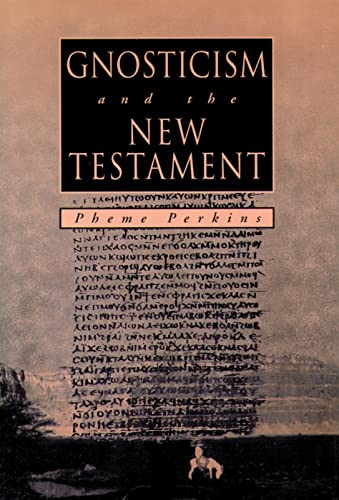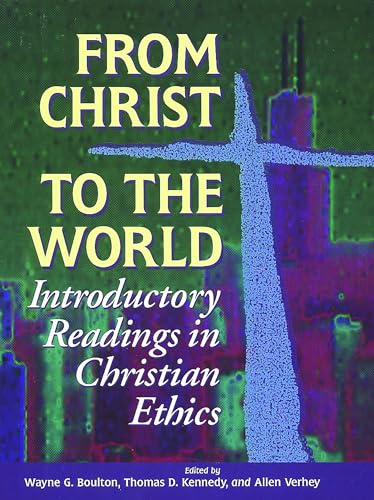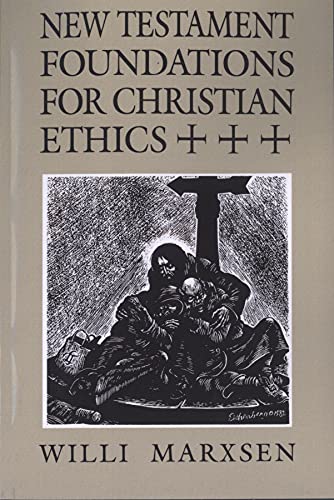Lamentations. Issues and Interpretation
Written by Claus Westermann Reviewed By Richard S. HessWestermann provides a competent translation and commentary on the text of Lamentations. However, the value of the book lies elsewhere. It is in the opening and closing essays that the author is able to focus upon two concerns that form the basis for a fresh understanding of the value of this overlooked text in the OT. The first concern emerges as a result of Westermann’s survey of interpreters of the book. Consistently, he finds an absence of appreciation of the laments in the book for what they are. There is always a concern to move beyond the lament to reconciliation or relief of the suffering. Yet this is not the message of most of the book. Instead, Westermann argues that the complaints before God are exactly what the book wishes to convey. The people have survived a horrible experience of divine judgment in the 587 bc destruction of Jerusalem. There is no true response to this tragedy other than to voice the agony of suffering before God. In this very act two things are accomplished. First there is the honesty of the speakers who describe their pain and horror. They do not hide it, nor do they deny that it is God’s punishment. However, with these complaints there is also a second element, the recognition that the God who judged is the one to whom they also may come with all their hurt and pain. They may ask why, but they do not abandon God. Instead, their election and covenant provides the grounds for these complaints. Westermann’s second observation is the distinctive nature of chapter 3. Unlike the other chapters in Lamentations, this is not simply a lament psalm. Instead, it is a mixture of several genres. At its centre can be found admonition and instruction (vv. 26–41). Here the psalmist moves into a different perspective that complements the laments of the remainder of the book. We are instructed to endure discipline, to examine our ways and to return to God. Westermann suggests that this represents the latest part of the book, added at a more settled time, and anticipating the promises of redemption and salvation for those who remain faithful. Whatever the date, it relates the suffering expressed in the laments with the continuation of life in fellowship with God. By giving the lament a proper place in individual and corporate worship, Westermann has written a pastoral theology that interprets the message of Lamentations for the sufferers of all ages.
Richard S. Hess
Denver Seminary, Denver







